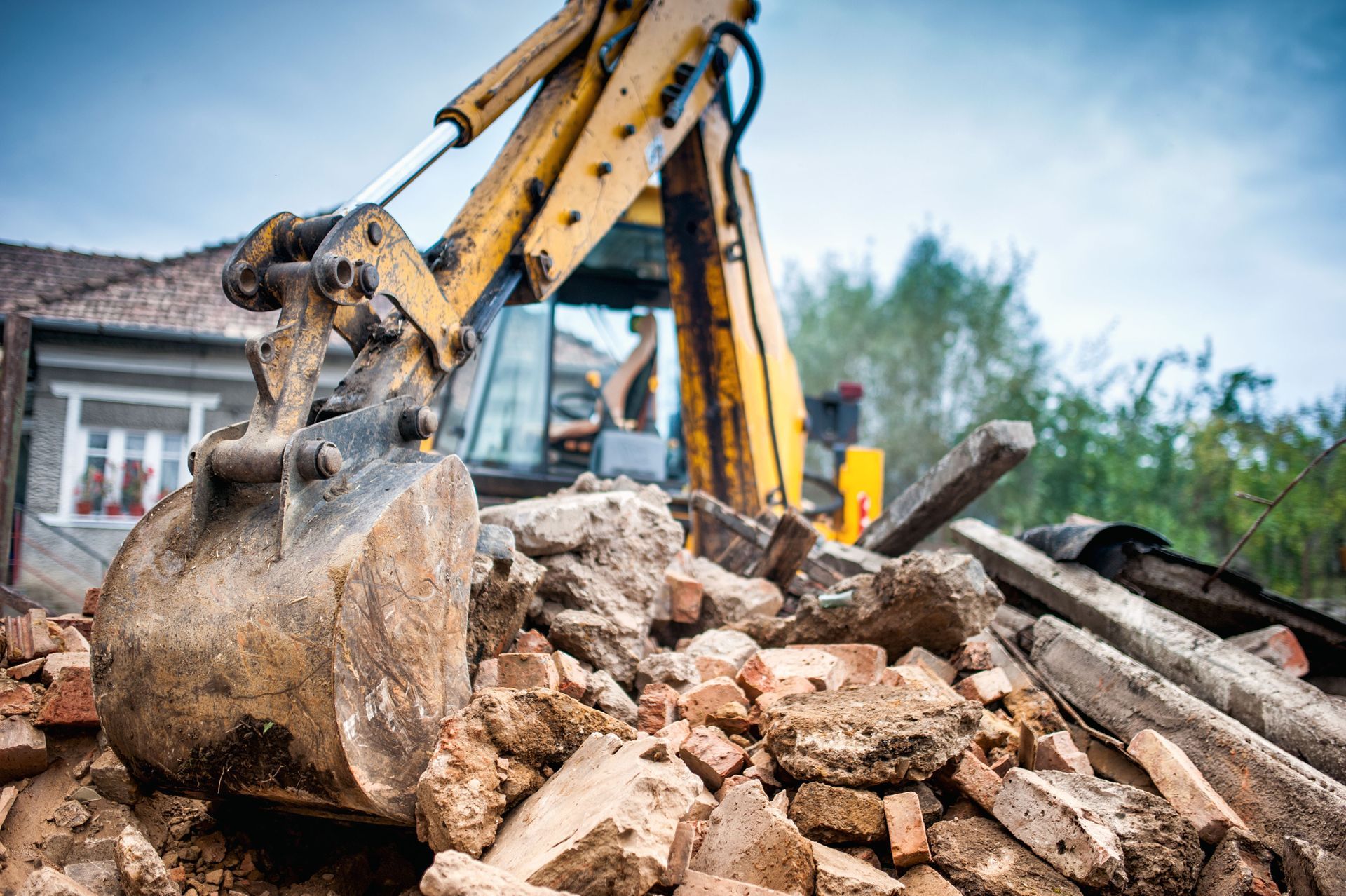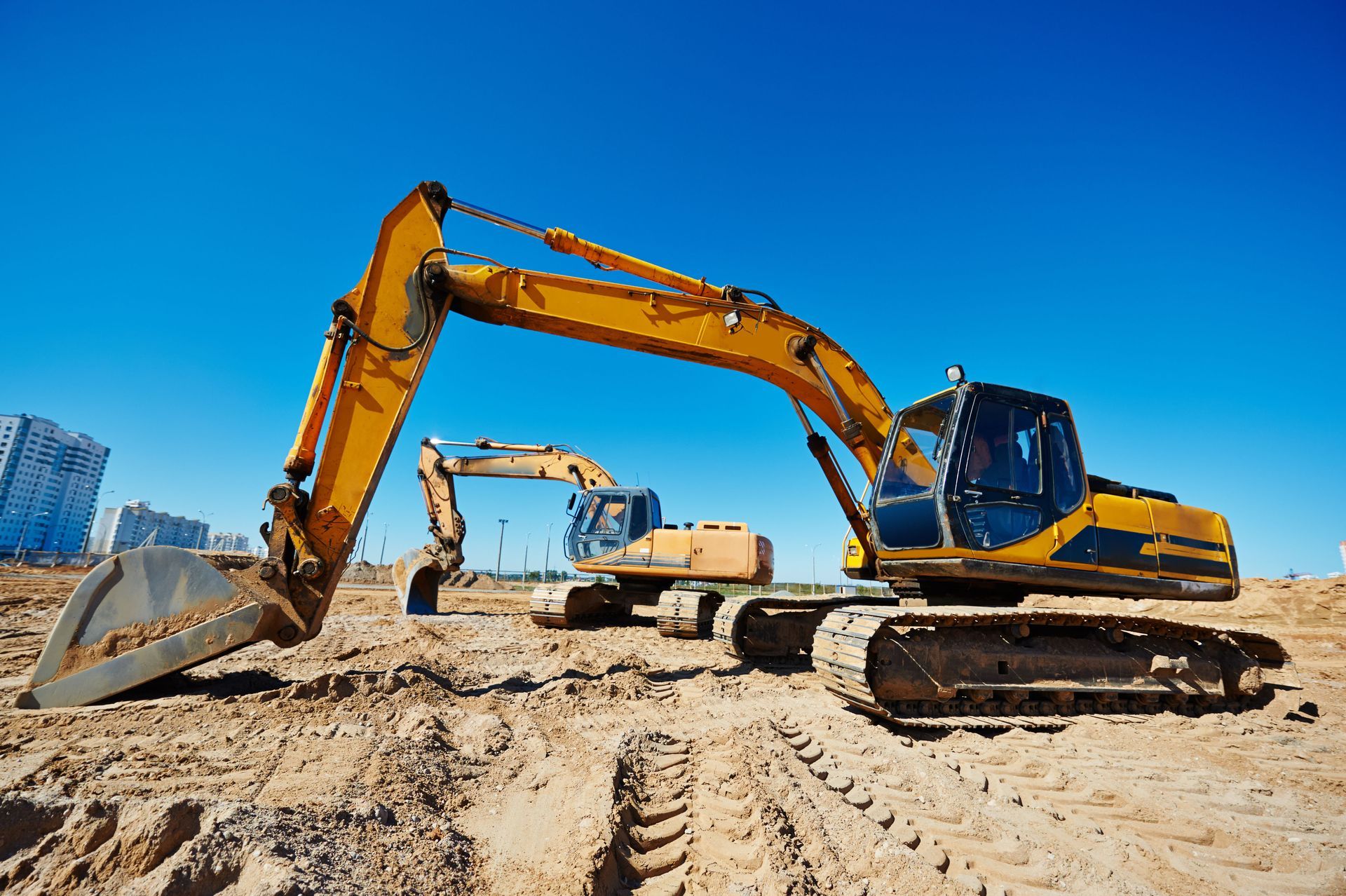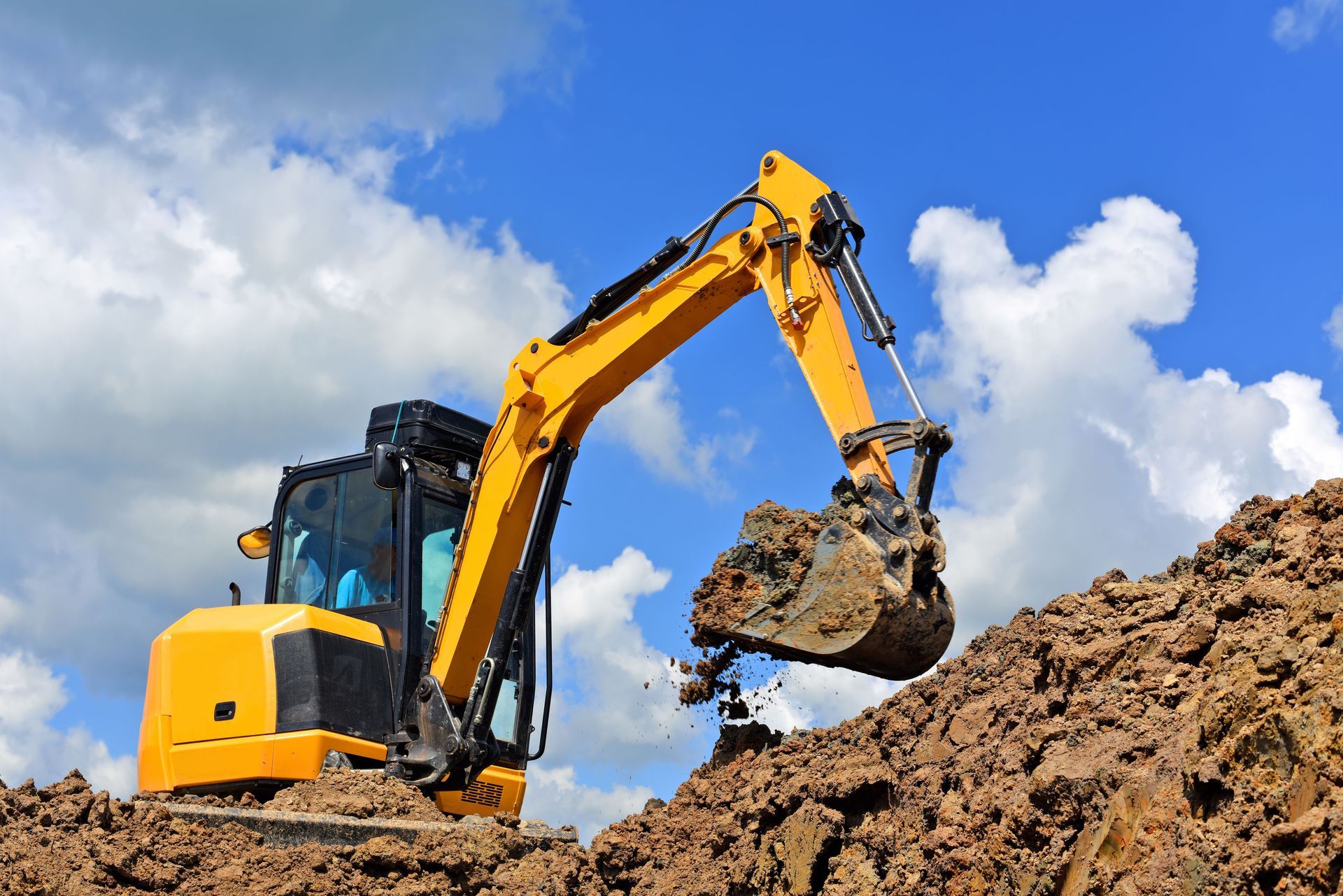October 15, 2025
Choosing the right excavation contractor is a fundamental step that can significantly influence the outcome of a construction project. The role of an excavation contractor extends beyond merely digging the ground; it involves understanding the project's technical requirements, timelines, and budget constraints. Let's take a look at a few important factors to consider when selecting an excavation contractor, ensuring that your project is executed efficiently and to the highest standards.
Understand Your Project Needs
Scope and Size of the Project
In assessing your project needs, it's crucial to understand the scope and size of the project. An excavation project for a small residential property might require different equipment and expertise compared to a large-scale commercial project. Clearly defining the scope helps in communicating your exact needs to potential contractors, allowing them to determine whether they can meet your requirements. Furthermore, understanding the scope helps set realistic expectations regarding the duration and cost of the project. Proper assessment of the project's size will enable contractors to plan resources, such as machinery and workforce, effectively.
Type of Excavation Required
Different projects require different types of excavation, each with its specialized techniques and equipment. Residential projects might typically involve trenching for utility lines or basements, while commercial projects may require large-scale site preparation. Before hiring a contractor, you must identify the type of excavation required for your project to ensure that the contractor has the appropriate skills and equipment. Discuss with potential contractors their experience in similar types of excavation to gauge their suitability for your project. The choice of the contractor should align with the specific technical demands of your excavation requirements.
Timeline and Deadlines
Establishing a clear timeline is integral to the success of any construction project. It's important to set realistic deadlines and communicate them to potential contractors to ensure they have the capacity to meet your schedule. Delays in excavation can cause a domino effect, impacting the entire construction timeline and potentially increasing costs. Discussing the timeline with contractors helps in understanding their availability and any potential constraints they might face. An experienced contractor will provide a feasible timeline based on factors such as equipment availability and the complexity of the project.
Research Potential Contractors
Gathering Recommendations
Recommendations from trusted sources can be a valuable starting point when researching potential excavation contractors. Ask friends, family, or industry professionals for referrals to reputable contractors they've worked with or know of. Personal experiences provide insights into a contractor's reliability, quality of work, and professional conduct. Word-of-mouth recommendations often lead to higher satisfaction due to the trust established by personal connections. Combining recommendations with other research methods enhances decision-making by providing a broader view of available options.
Past Project Portfolio
Reviewing a contractor's past project portfolio provides practical insights into their style, quality of work, and area of expertise. A diverse portfolio suggests a contractor's ability to handle various challenges and conditions, adapting their techniques to meet specific project needs. Examine completed projects similar to yours in scope and complexity to understand how the contractor approaches such tasks. The portfolio also helps envisage the potential outcome of your project, based on the contractor's track record and architectural prowess. Request references from past clients to gain further insights into their overall satisfaction and the contractor's reliability.
Evaluate Experience and Expertise
Years in the Excavation Industry
Experience plays a vital role in gauging a contractor's aptitude for any excavation project. Contractors with several years in the industry often bring a wealth of knowledge and problem-solving capabilities. Their longevity also suggests stability and effectiveness in delivering projects to clients' satisfaction. Understanding a contractor's background allows you to assess their growth and adaptability to industry advancements. This experience translates into proficient handling of challenges with reduced risks of project delays or substandard work.
Technical Skills and Proficiency
Contractors should exhibit strong technical skills to guarantee proficiency and quality in their work. These skills encompass operating various excavation machines effectively, understanding engineering drawings, and applying construction best practices. Proficiency ensures that the contractor can handle unforeseen challenges, such as equipment breakdowns or difficult soil conditions. Skilled contractors account for excavation challenges such as earth movement that can typically be done at rates between 350 and 1,000 cubic yards per day, according to Bob Vila, an online home improvement resource. Evaluating technical skills helps in selecting a professional capable of meeting the intricate demands of your project.
Assess Safety Standards and Practices
Commitment to Safety Regulations
A contractor's commitment to safety is paramount in selecting the right partner for your excavation project. Ensuring that they adhere to industry safety regulations minimizes the risk of accidents and project delays. Ask about their safety policies and how they implement procedures to ensure compliance with safety standards. A contractor prioritizing safety demonstrates accountability and professionalism, contributing to a culture of safety on the worksite. Evaluate how effectively they communicate safety protocols to their team, ensuring everyone is well-informed and protected.
Safety Equipment and Procedures
The availability and condition of safety equipment are critical indicators of a contractor's safety practices. Contractors must ensure that all necessary protective gear and equipment are accessible and in excellent working condition. Discuss the standard safety procedures and how they enforce proper use of equipment to avert injuries and incidents. Safety orientations and routine inspections help maintain equipment efficiency, promoting a safe working atmosphere. An organized approach to safety equipment management showcases the contractor's dedication to protecting their crew and the project site.
Consider Communication and Professionalism
Clarity in Communication
Open and clear communication ensures a shared understanding of project objectives, reducing misunderstandings that may affect outcomes. Evaluate how potential contractors convey information about schedules, project updates, and unforeseen challenges. Clear communication establishes a constructive partnership, facilitating swift resolution of issues should they arise. Miscommunication can lead to costly errors and delays, making clarity a defining factor in achieving project goals. Consider contractors who prioritize transparent communication and provide regular progress reports so you can stay informed.
Responsiveness to Inquiries
Responsiveness is critical when working with excavation contractors, as timely responses can influence project timelines and decisions. Assess how quickly potential contractors reply to initial inquiries and follow-ups. Responsive contractors demonstrate reliability and eagerness to build strong working relationships. Poor response rates may indicate disorganization or lack of interest, both of which could lead to project disputes. Opt for contractors who are prompt and forthcoming with information, showing dedication to addressing your concerns and requirements efficiently.
Professional Attitude and Conduct
A contractor's professional demeanor is reflected in their attitude towards clients and overall conduct on-site. Evaluate initial meetings to gauge their professionalism, as these suggest how they'll handle future interactions. Their corporate culture should align with high standards, emphasizing work ethics, teamwork, and respect for client interests. Professionalism contributes to faster problem resolution, enhancing trust and collaboration throughout the project's lifespan. Contractors displaying integrity and accountability are more likely to honor commitments and deliver superior results.
Choosing the right excavation contractor for your next project requires thoughtful consideration of numerous factors. By emphasizing the importance of compliance, safety, and clear communication, this process ensures that any potential issues are effectively managed. If you're ready to start your search, turn to the experts at Wick & Associates Inc today for a free estimate!




